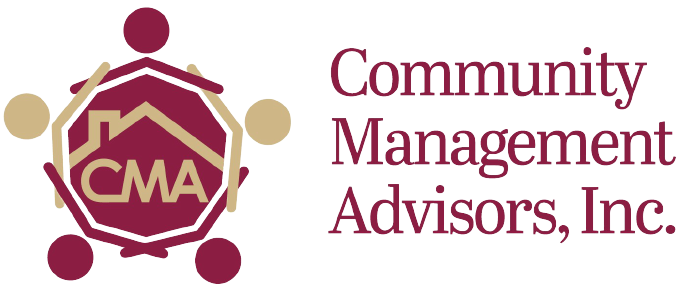Finding the Right Professional
MAKING A CHANGE
All community associations require some level of management. Some associations are successfully self-managed by volunteers; some do well with part-time professional management, while others need full-time, on site management. Many, however opt for the full range of services and personnel available from professional community association management companies.
WHY PROFESSIONAL MANAGEMENT?
Managing community associations effectively requires knowledge and expertise in numerous areas:
- Laws and regulations – real estate, corporate, and labor laws, federal laws and state statutes, and government regulations.
- Finances – accounting, budget preparation, taxes, and insurance.
- Personnel – hiring and supervising contractors and staff.
- Resident relations – working and communicating effectively with people, resolving disputes, facilitating communications.
- Property maintenance – landscaping, repairs and replacements, facilities upkeep, mechanical maintenance.
- Community association governance – conducting meetings, supervising elections, and ensuring compliance with governing documents, including monitoring and enforcing rules. Governance is one key area where property management and community management differ.
When a community association contracts with a professional management company, in addition to receiving the services of an assigned manager, it is also availing itself of the collective knowledge and experience of the CEO and other managers in the firm; and it is receiving the services of support personnel like bookkeepers and administrative assistants.
WHEN TO LOOK FOR A NEW MANAGEMENT COMPANY
Some Boards will elect not to renew a management company contract because they disagree with the manager on how the Association is being, or should be, run. Before replacing a management company, the Board should make every effort to resolve its concerns with its current company and allow it to correct performance or other issues.
Some Boards will shop for a new management company based solely or largely on cost. Board members may not understand how a firm’s fees are established, and they may believe them to be too high. While cost is one factor, the level of knowledge, skill and specialization required to maintain a community association properly is very valuable, and associations should expect to pay, and budget for, commensurate fees.
Some Associations will terminate their contract with a management company because of poor communication between the Board and the manager. For example, a Board that becomes disillusioned with its management service should share these concerns with company principals. Rather than complain about inadequate service, Boards should communicate their concerns and attempt to solve the problems.
Sometimes an entirely new Board is elected because change is needed in the association. However, the need for a “clean sweep” may not necessarily extend to the management company. A careful evaluation of association services and needs should be the basis for any decision to make a change – not change for its own sake.
Whatever the reason, canceling a management company contract is not a decision to be made lightly. Because management companies provide continuity to community operations during Board and committee turnover, associations should think twice before replacing a management company. The financial and psychological costs of turnover, as well as broken continuity, should make selecting a new management company a last resort.
Once the decision is made to select a new management company, the Board needs to commit to undertaking a pragmatic and well-organized search and be prepared to invest time in the process. Otherwise the task will become tedious, at best, or overwhelming, at worst. An organized approach will help the Board avoid taking a cursory route or settling for an unsuitable match for the community.
STEPS IN THE SELECTION PROCESS
- Create an ad hoc committee to assist the Board with the selection process.
- Prepare written specifications of management services desired – a request for proposal (RFP) – and gather association documents necessary to support the RFP.
- Compile a list of management companies that would be suitable candidates, and ascertain their interest and ability to bid on the RFP.
- Mail the RFP to the management companies that expressed interest.
- Schedule times for each management company to visit the association property and times for the Board to interview company representatives in their offices. The manager who will be the lead association contact should be present during this interview.
- Interview each company’s present and former clients.
- Analyze all data and make a final selection.
- Send a letter to the firms that are not chosen, thanking them for their proposal and informing them that someone else was chosen.
This information was received through Community Associations Institute. If you would like further information, please contact them at:
Mailing address:
6402 Arlington Blvd., Suite 500
Falls Church, VA 22042
Phone: (703) 970-9220 (M-F, 9-6:30 ET)
Toll-Free: (888) 224-4321 (M-F, 9-6:30 ET)
Fax: (703) 970-9558
Web site address: caionline.org
